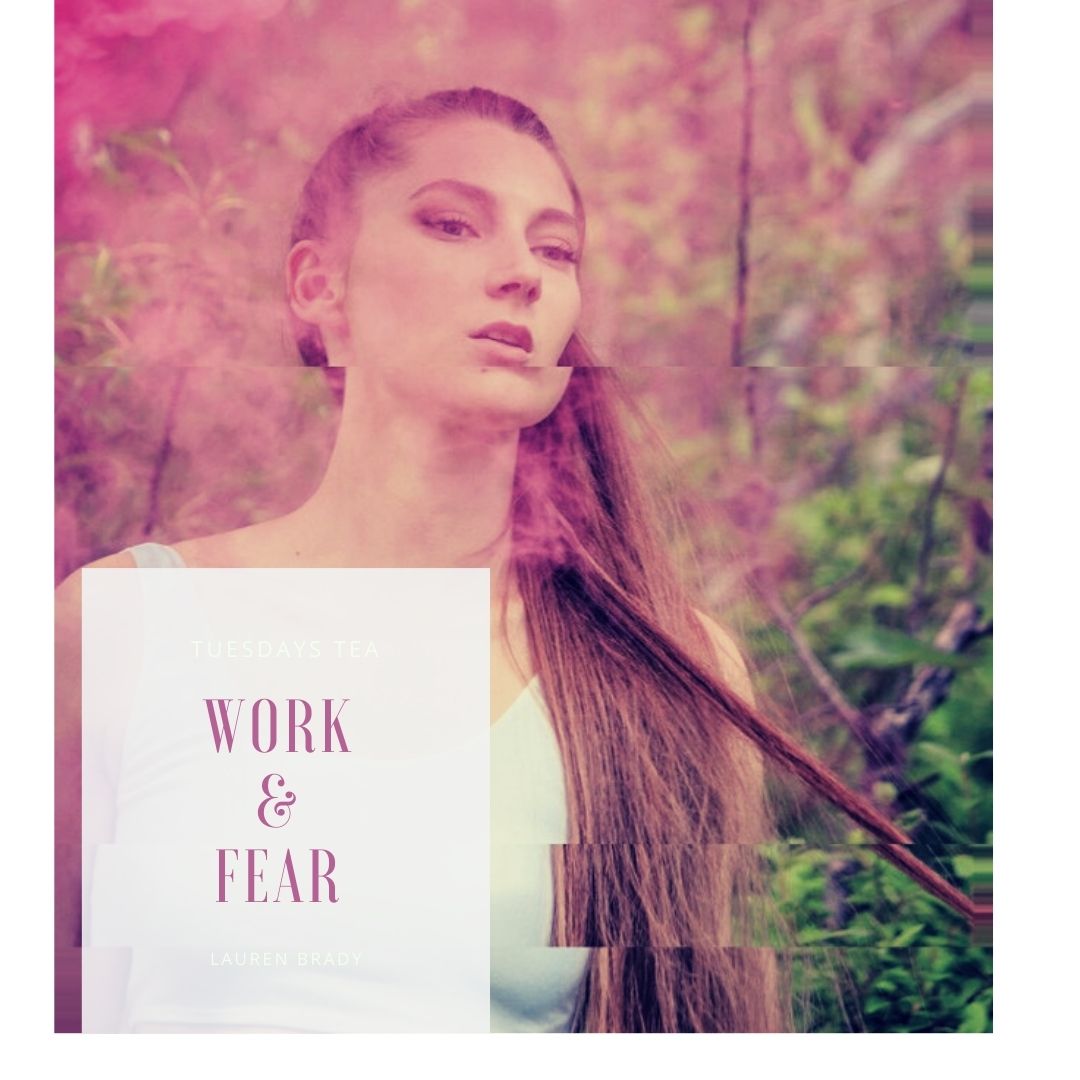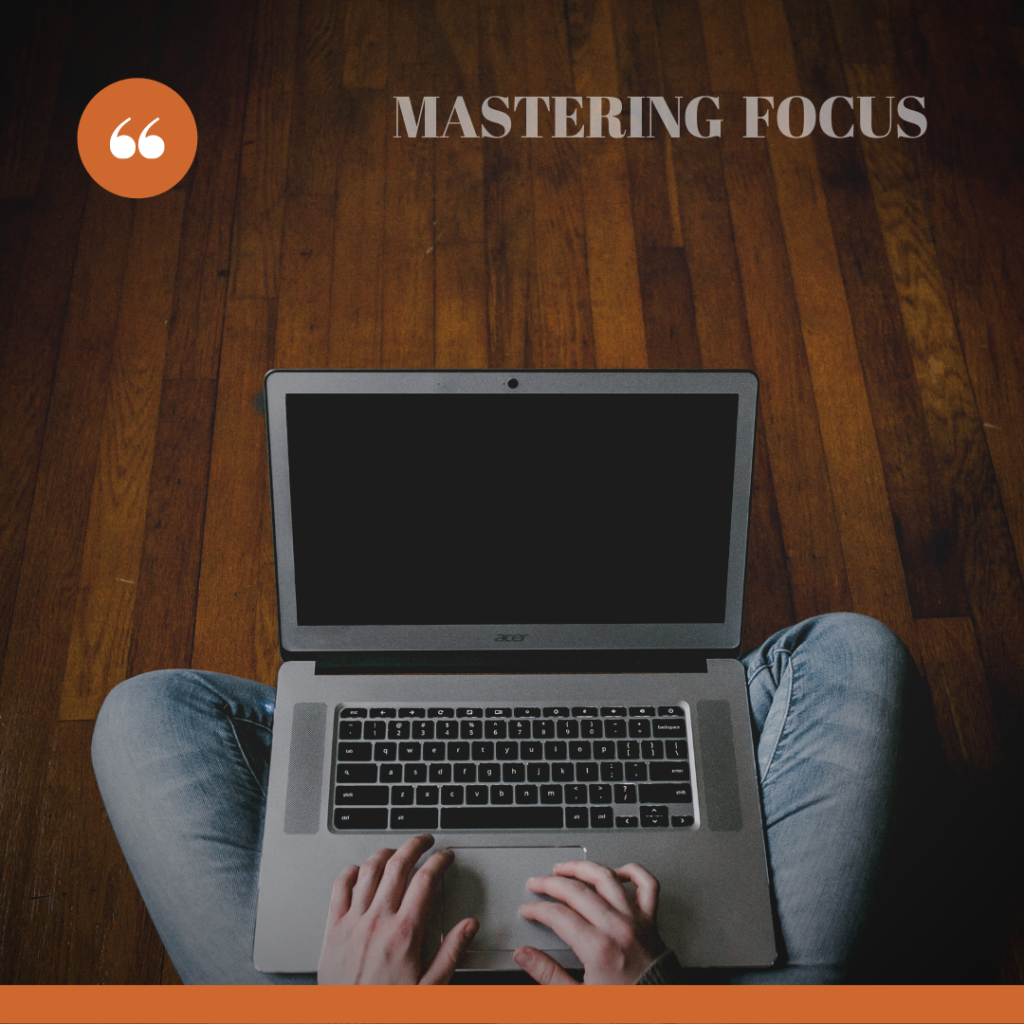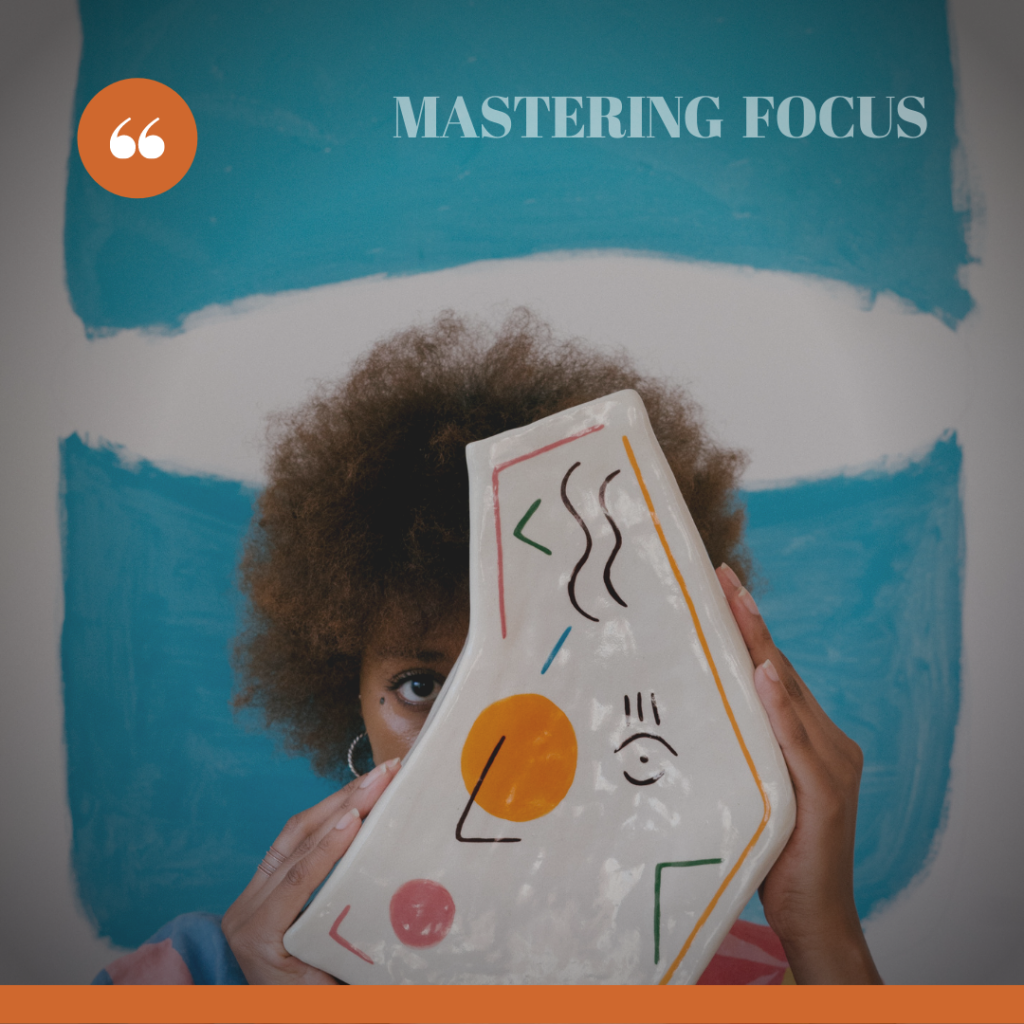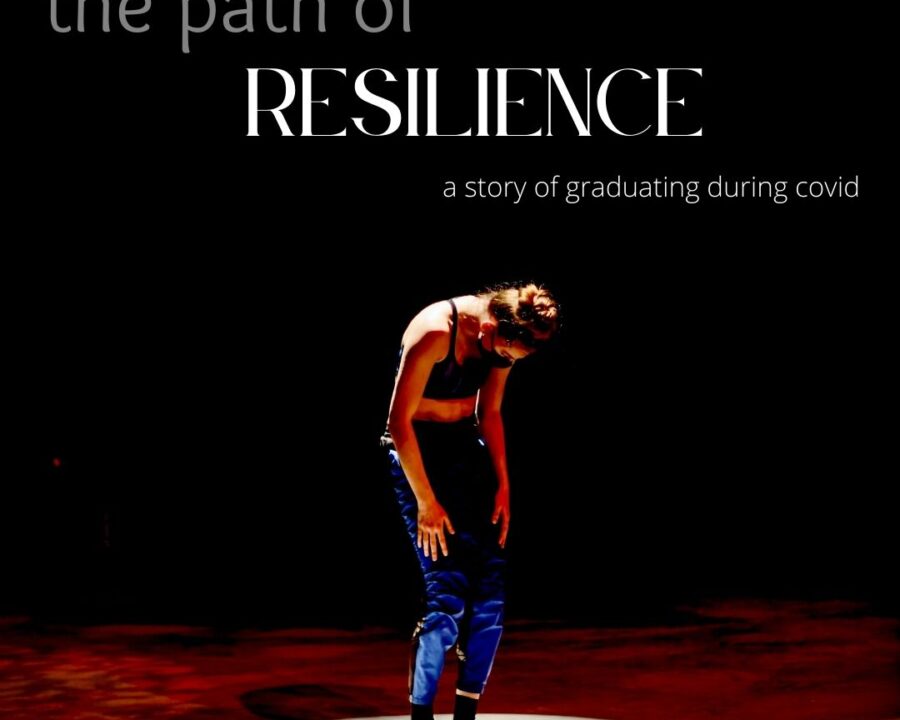
STORYTIME
October 7, 2020
TUESDAYS TEA
October 13, 2020I’ve been thinking about attention lately, and what it really means to be focused. And by attention, I don’t mean the kind people give you though that can be another blog for another day. I am talking about the kind of attention that requires your engagement and interest.
ATTENTION SPAN WHERE?

It has been difficult lately for me to cultivate presence and be present in my evening classes after focusing for hours in my other classes. My attention isn’t sustainable. I lap between thoughts of food, meetings to come later that day, how I said something weird in the presentation of my monologue, you know the usual networks of pop-up ad thoughts that can take over your focus.
And yeah, it sucks because it affects my work and the quality of my work that I know I am capable of. So I thought this blog post should be centred around focus and duration path outcome, a concept I learned recently from listening to a podcast with Andrew Huberman. What is quite ironic, though, is as I write about this, I find my focus straying to my phone, then conversations downstairs, then back again to writing this post on focus. Kind of ironic, eh?
Mastering Focus.
Dr. Andrew Huberman, a neuroscientist and tenured professor in the Neurobiology Department at the Stanford University School of Medicine. His research and contribution have revolved around brain development and brain plasticity and many more fascinating things about the big and the baddest (in the right way)- our mind.
During this time, I find that many of us are realizing how our mental health is taking a greater hit than before. The onset sensation of stress that our body is continuously extracting is starting to manifest in our other habits or rather impact how you manage stress and school before. Huberman talks about how our bodies extract physical phenomena from external influences constantly; that sensation is non-negotiable. Therefore, the sensations we experience is what our brain is continuously processing and taking in without us noticing it most of the time. For example, if I told you to pay attention to your jaw right now, you might realize how tight it is and how you have been clenching your teeth all this time, and then you notice your neck is stiff and so on. This how our perception of sensation works, which is negotiable. Perception is negotiable because you can decide what to pay attention to or to focus on.

Luckily normally, we can move through life without so much analysis. Oh, wait, haha, I am speaking of an alternate universe where we are not trying to live through a pandemic. So our focus is constantly on the little things like scratching your nose becomes a weird process of removing masks and sanitizing before and after. Eating in public spaces like restaurants or bars is no longer inviting when you know people will be there, and someone else is touching and preparing your food. Visiting pals is over zoom/facetime now, and in-person hangouts are awkward at first as you debate if giving your friend a hug will be a violent act or breach of security to your cohort (BFA class). So every bit of my day is spent analyzing the outcomes of my actions. Pretty fucking exhausting if you ask me.
But let’s get back to you folks who are at home paying thousands of dollars for expensive facetime and recordings. Spending most of your day looking at a screen. How can we become masters of focus?
Energy flows where attention goes, and if your attention is way far in the future or deep in thoughts, I realized that is where my energy goes. Leaving me with very little energy for what is required of me now. Huberman states that dopamine centres are activated when you know you’re on the right path and are progressing toward your goals and focus is developed through a sense of urgency and a sense of necessity. Therefore, dopamine isn’t solely based on completing the tasks like getting the paper handed in on time though that does release dopamine, dopamine is in fact released continuously whenever we feel like we are heading towards the right path so for example today you wrote 300 words for your paper and tomorrow you wrote 800 words your body will feel like progress has been made and therefore will naturally release the “feel good” neurotransmitter we all love -dopamine.
It is the baby steps we take that encourages us further along before we quit, it is the validating feeling that we are doing something right. So preserving energy is necessary to maintain focus on the important things we want to accomplish, therefore becoming more self-aware when pop-up ad thoughts disturb your focus is necessary, I suggest when things get overwhelming or you are tired take a step back and give yourself 10 minutes of silence nothing more. And trust me, you will feel a little uncomfortable and at first but that is how you can start practicing mindfulness and focus. I highly recommend taking a listen to the podcast linked below for more details.
Post-Desk Body Check-Ins
These exercises will help re-centering yourself in-between classes, especially for most university students taking online classes. May help you with screen fatigue, back or shoulder pains from sitting for long periods.
Here are some exercises to use at your disposal, and please do use them cause it does the body wonders! Your body and mind will thank you later :)))
Post-Desk Exercises
- 1. Chest opener

- 2. Downward dog

- 3. Spinal twists

- 4.Rag doll fold

Thank you for reading today’s blog about focus and mastering it or kind mastering it. I have linked the podcast conversation with Andrew Huberman if you are interested in learning more about his research and discoveries about the dopamine system and ways we can train our minds to focus.




